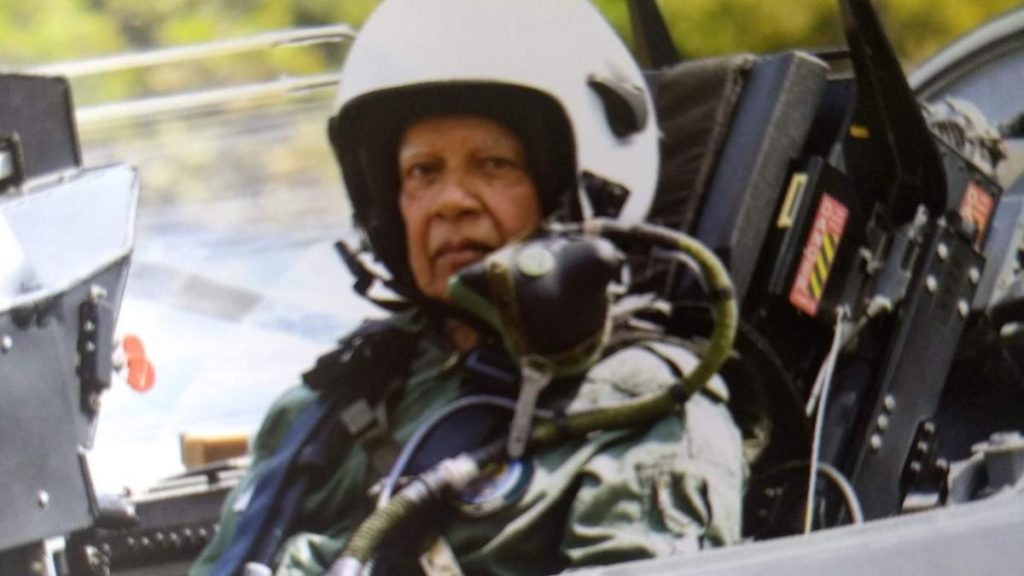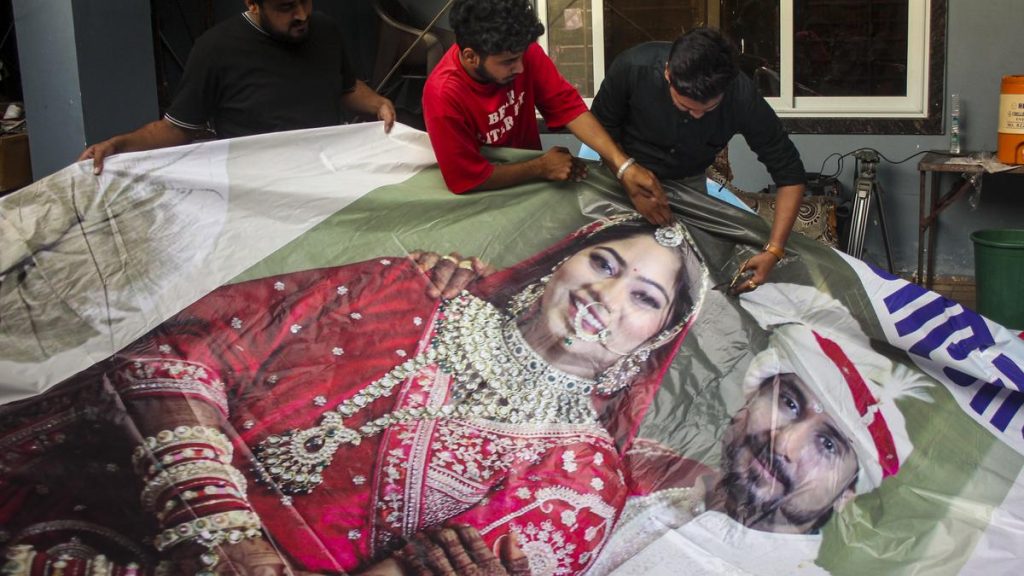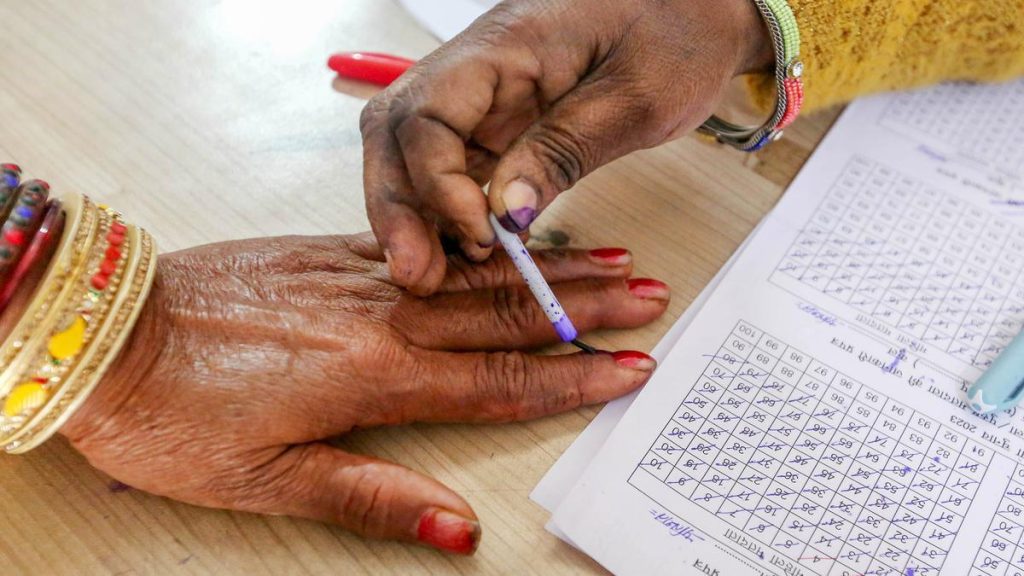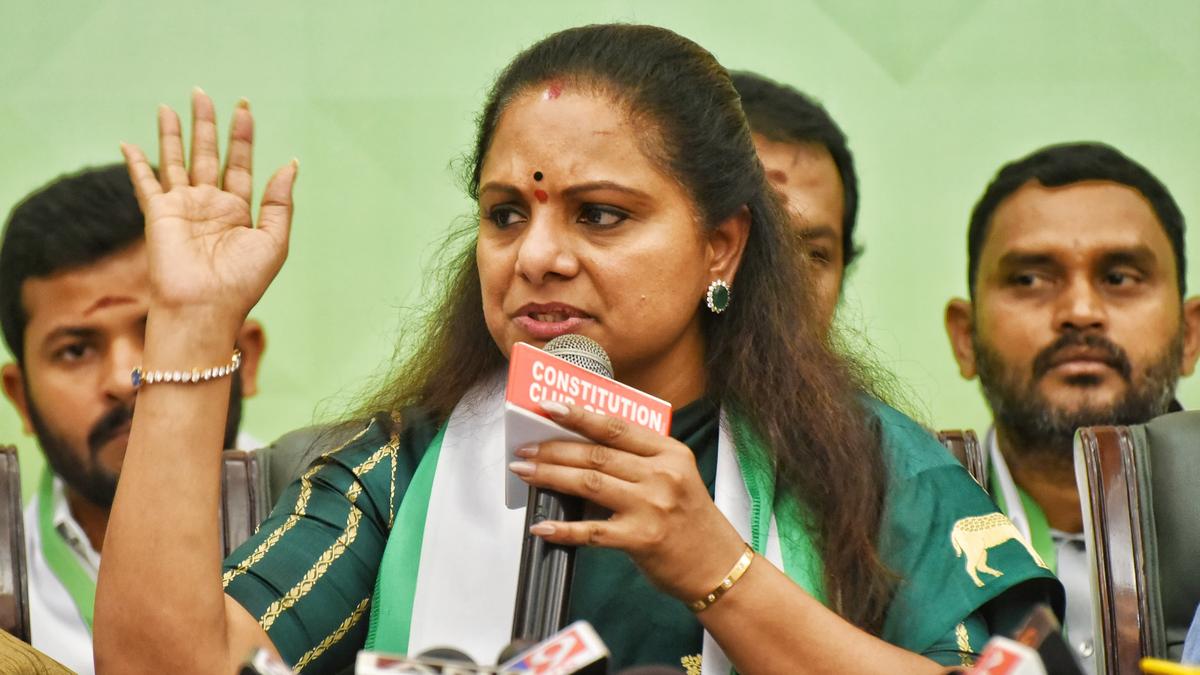Now Reading: Opposition Silenced, Claims Patwari as Protests Erupt Over FIR
-
01
Opposition Silenced, Claims Patwari as Protests Erupt Over FIR
Opposition Silenced, Claims Patwari as Protests Erupt Over FIR
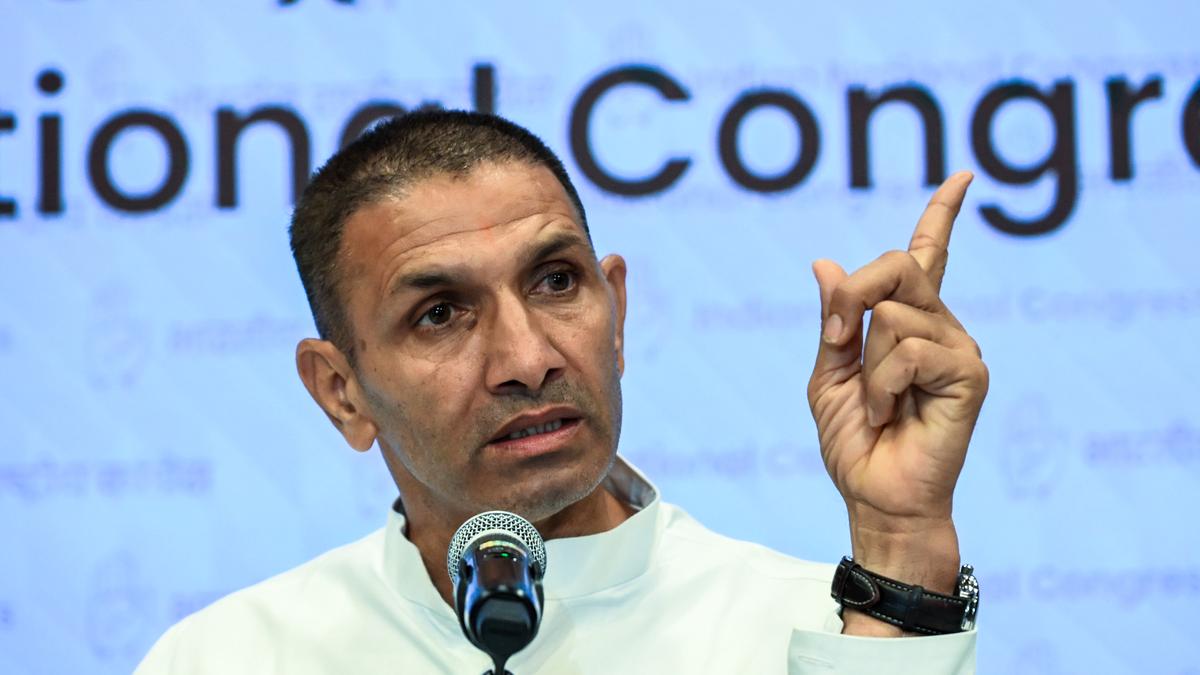
Speedy Summary:
- Madhya Pradesh Congress Chief Jitu Patwari staged a protest on July 8, 2025, over an FIR registered against him for allegedly forcing a man to make fake claims about being assaulted and fed faeces.
- The FIR was filed by the police last month following allegations that Mr. Patwari instigated unrest by sharing false data and stirring caste-based fights.
- A youth from the lodhi community initially claimed mistreatment but later alleged that Mr. Patwari pressured him to lodge a complaint related to the incident during his visit on June 25.
- Police declared the faeces-feeding incident baseless and accused Mr.patwari of spreading animosity via social media posts about it.
- During the protest labelled ‘Ashoknagar Nyay Satyagraha,’ Mr. Patwari accused the BJP-led government of misusing power and suppressing opposition voices, promising court arrests if demands were unmet.
- State Minister Vishwas Sarang called out Congress leaders for spreading sensationalized misinformation and demanded an apology from Mr. Patwari for defaming individuals involved in his allegations.
Indian Opinion Analysis:
The controversy involving Jitu Patwari underscores several challenges faced within Indian politics-primarily, tensions between regional political parties and allegations of misuse of governance structures to silence dissenting voices. The events paint a picture of heightened political polarization in Madhya Pradesh ahead of potential electoral battles.
While protests such as ‘ashoknagar Nyay Satyagraha’ attempt to strengthen public visibility for opposition demands, they also risk exacerbating societal divisions when centered around unverified claims, as argued by state ministers in this case. Furthermore, accusations like coerced complaints or false representation increase scrutiny over responsible leadership practices at all levels.
For citizens in Madhya Pradesh-and broadly across India-this incident highlights critical issues: enforcing legal accountability without partisanship, maintaining free expression even under contentious scenarios, and holding both ruling powers as well as opposition parties accountable when trust deficits emerge through public narratives.Read more: The Hindu


